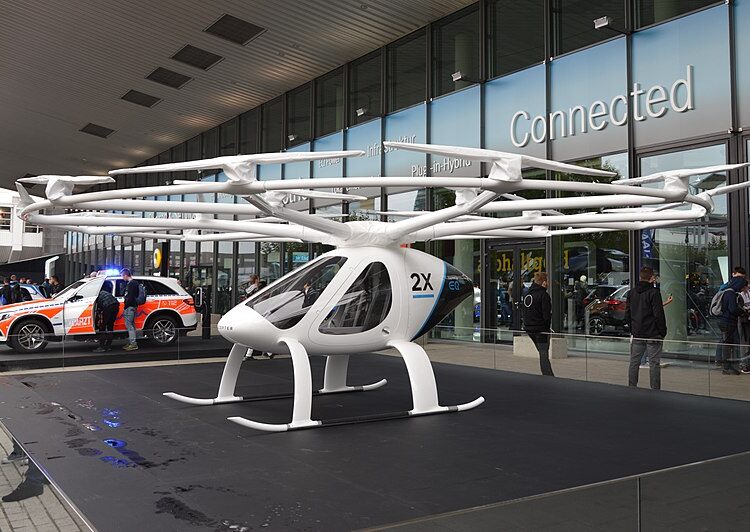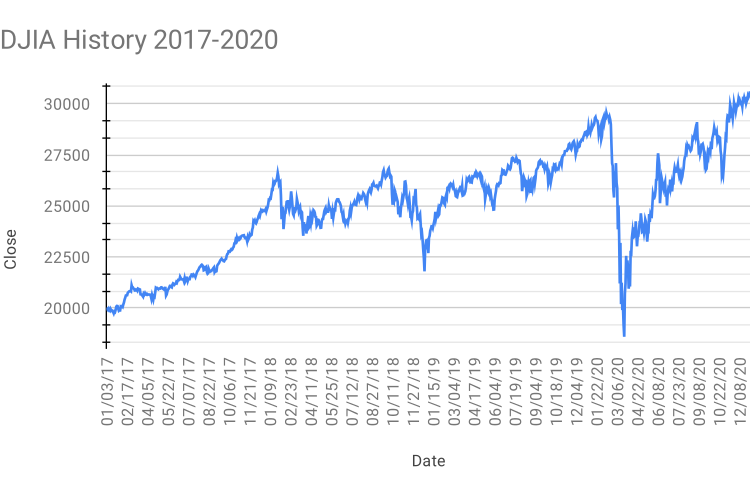Fish in Space: A Breakthrough for Long-Duration Missions?
- Zebrafish thriving in orbit on China’s Tiangong space station
- First in-orbit aquatic ecological research project
- Experiment studies effects of space environment on fish growth and system balance
- Fish living in a self-sustaining ecosystem with hornwort plant
- Potential for zebrafish to lay eggs in space
- Cooperation between Institute of Hydrobiology and Shanghai Institute of Technical Physics
- May shed light on long-duration space mission life support systems
China’s Tiangong space station is hosting its first in-orbit aquatic ecological research project, with four zebrafish living aboard the station. The fish are part of an experiment designed to study how the space environment affects their growth and overall system balance. If the fish lay eggs, it could provide insight into maintaining life support systems for long-duration missions. The experiment is a collaboration between the Institute of Hydrobiology and the Shanghai Institute of Technical Physics.
Factuality Level: 8
Factuality Justification: The article provides accurate information about the zebrafish experiment on China’s space station, its purpose, and the collaboration between the Institute of Hydrobiology and the Shanghai Institute of Technical Physics. It also mentions the potential for the fish to lay eggs and the possible implications for long-duration space missions. The article is informative without any significant issues related to digressions, misleading information, sensationalism, redundancy, or personal perspective.
Noise Level: 3
Noise Justification: The article provides relevant information about the zebrafish experiment on China’s space station and its potential implications for long-duration space missions. It stays on topic and supports its claims with evidence from CCTV and the Chinese Academy of Sciences. However, it could benefit from more analysis or contextualization of the broader implications of this research.
Key People: Ye Guangfu (Astronaut), Li Cong (Astronaut), Li Guangsu (Astronaut)
Financial Relevance: No
Financial Markets Impacted: No
Financial Rating Justification: The article discusses a scientific experiment conducted on zebrafish in China’s Tiangong space station, focusing on their growth and behavior in zero gravity. There are no financial topics mentioned or any impact on financial markets or companies.
Presence Of Extreme Event: No
Nature Of Extreme Event: Other
Impact Rating Of The Extreme Event: No
Extreme Rating Justification: There is no mention of an extreme event in the article.
Move Size: No market move size mentioned.
Sector: No
Direction: Neutral
Magnitude: Small
Affected Instruments: Stocks, Bonds
 www.space.com
www.space.com 





